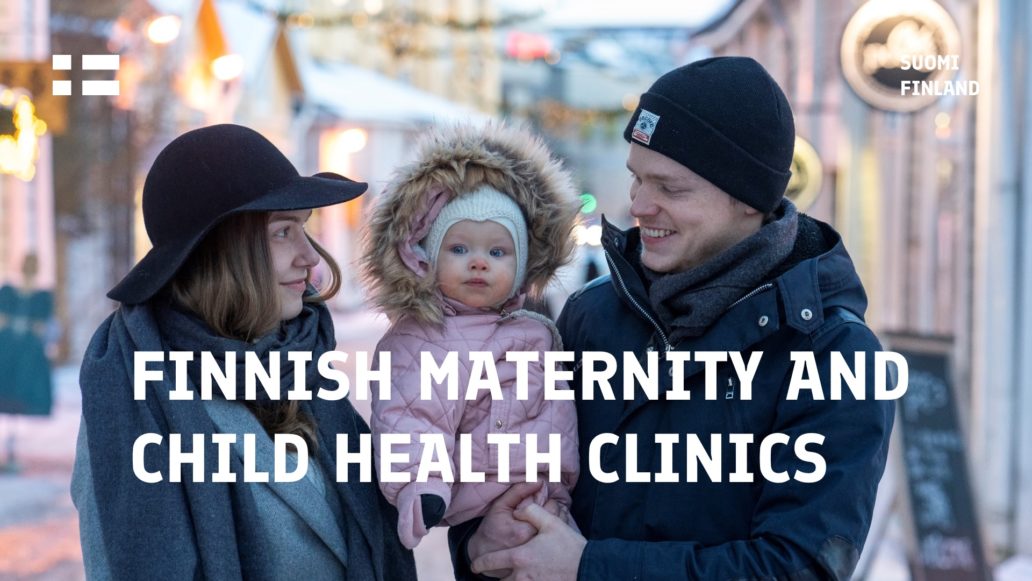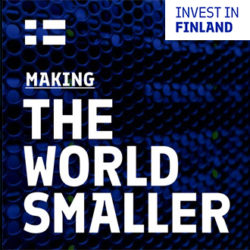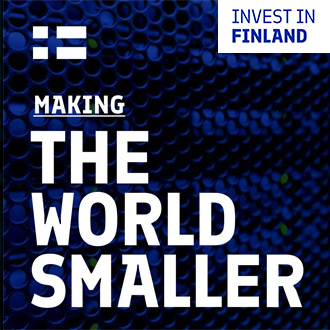Finland has long embraced social innovations as a way to improve the life of its citizens. Perhaps the best-known examples are the innovative ways Finland has worked to improve mothers’ and children’s health.
The maternity and child health clinics were invented in the 1920s by the internationally renowned pediatrician Dr. Arvo Ylppö. He believed that the best way to improve a nation’s health was to focus on its children. At a time Finland was still poor and largely agricultural, but he thought it was essential to improve health and well-being for children from all socioeconomic backgrounds in every part of the country. The clinics offered a new kind of welfare service as they did not primarily aim to cure the ill, their purpose was rather to prevent illnesses. They provided not only medical check-ups, but also practical advice on health and childcare. And they were free for everyone. In 1944, a law was passed requiring every community in Finland to open a child health clinic.
The clinics aim to provide comprehensive support to the whole family in order to give every child, regardless of their background, a healthy start in life by providing healthcare and practical advice.
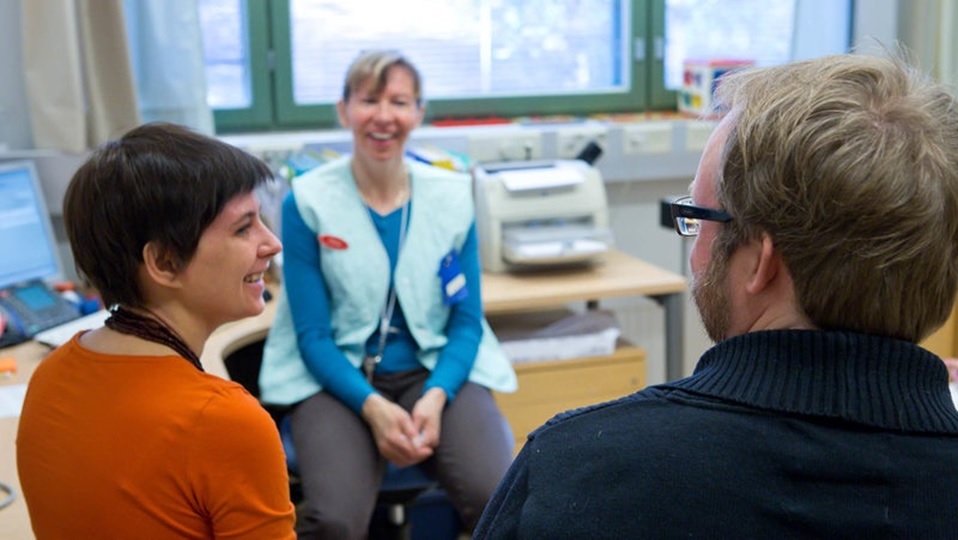
How do the clinics work?
Another social innovation designed to help children was introduced in 1938. The maternity package – or “baby box” – provided mothers with products and items making it easier to look after their baby. It also sought to promote health consciousness. The box was available free of charge to pregnant women, but in order to get it, they had to visit a doctor or a clinic. Over the years, the contents of the maternity package have changed along with the times and the needs of the families. More than 95% of the mothers choose the baby box instead of an equivalent cash grant.
Since the 1920s and the 1930s, mothers’ and children’s health in Finland has improved dramatically. Infant mortality in Finland is among the lowest in the world, and Finland consistently ranks at or near the top in rankings for the best place to be a mother. Studies also show that investments in mothers’ and children’s health have improved women’s position in the workplace and in business.
Expectant mothers normally meet with a nurse or a doctor 11–15 times during pregnancy. Attending a maternity clinic is one of the preconditions for eligibility for maternity benefit. Child health clinics assess the physical, mental and social condition of children under school age (0–7), provide vaccinations and support parents in providing secure, child-focused upbringing. Careful attention to the relationship of the parents also plays an important role in the work of the clinics.
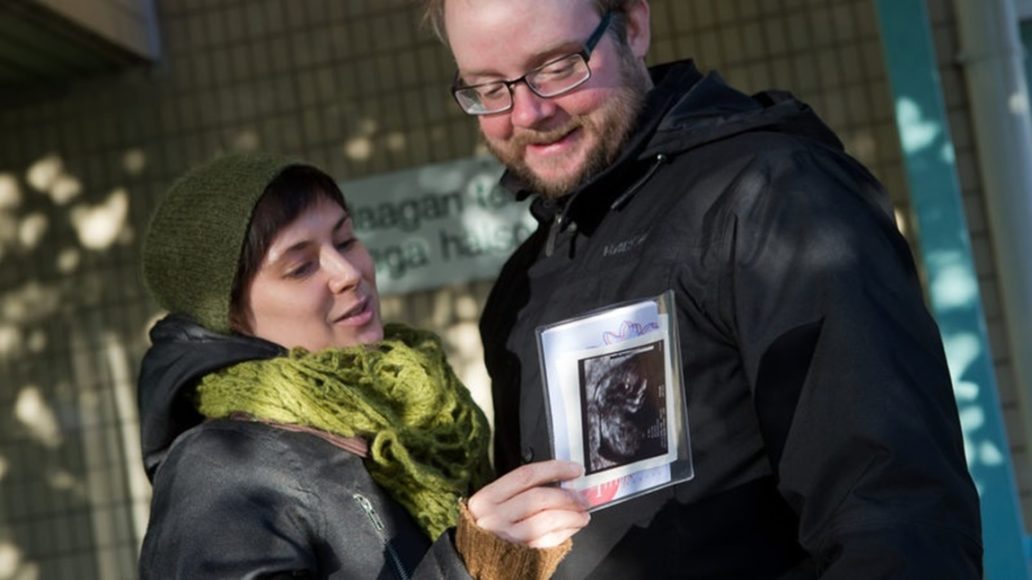
Supporting the whole family
The maternity and child health clinics have also changed with the times.
Instead of focusing purely on children and mothers and their physical health, the clinic network now aims to encourage good parenting with emphasis also on the role of fathers. The basic idea is to provide comprehensive support to the whole family.
A system originally devised for children now plays an important role in promoting lifelong health consciousness.

